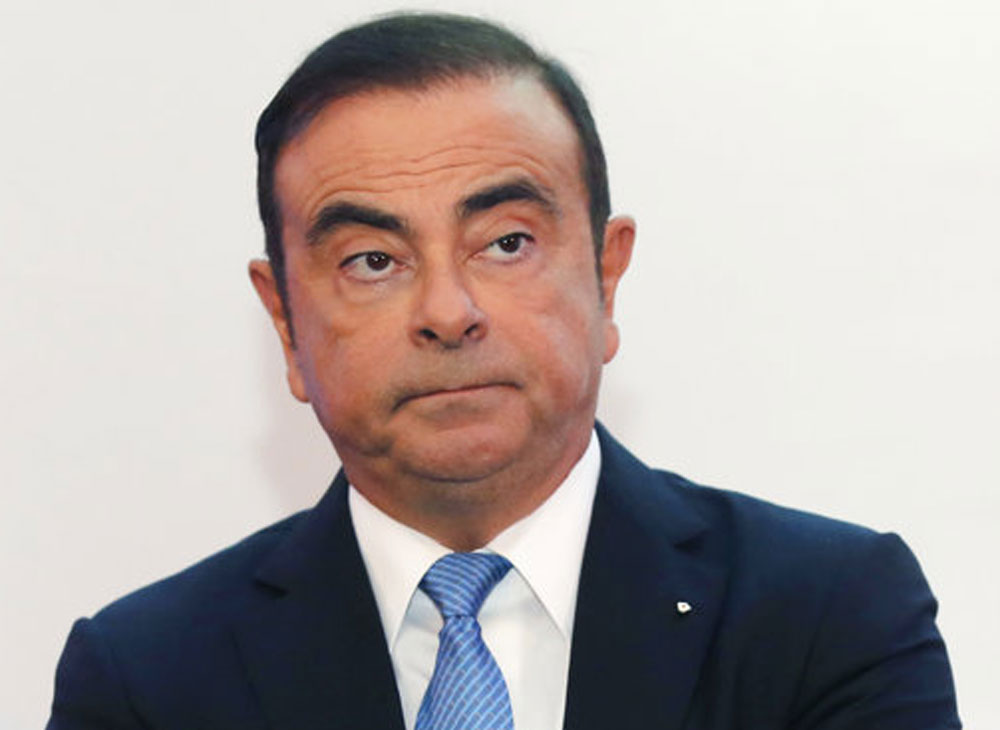Authorities in Turkey on Thursday were questioning seven people, including four pilots, about the role they may have played helping Carlos Ghosn make his escape from Tokyo to Beirut, offering new clues to his mysterious cross-country flight.
Elsewhere, prosecutors raided Ghosn’s home in Tokyo, a Lebanese government minister said the public prosecutor had received a “red notice” — an alert that’s akin to a wanted poster — from Interpol, and a French official said authorities there wouldn’t extradite Ghosn if he were to travel to the country.
Four days after Ghosn triumphantly announced his arrival in Beirut, law enforcement officials and authorities were left grappling with the legal implications of the former automotive executive’s stunning escape.
Ghosn, the former chief executive of Nissan and Renault, left Japan on Sunday to avoid trial on financial misconduct charges there, though his movements were supposed to be strictly limited while he was free on bail. He turned up in Lebanon, saying he had escaped the “rigged Japanese justice system”.
The Lebanese justice minister, Albert Serhan, said on Thursday that the public prosecutor had received a “red notice” from Interpol related to Ghosn’s case, according to the state-run National News Agency. The red notice is akin to a “wanted” poster, and not an arrest warrant, and is issued for individuals wanted for prosecution or to serve a sentence. It is up to each individual country to decide how to respond.
Ghosn, who has not appeared in public since he announced he was in Lebanon, issued a statement on Thursday that seemed aimed to protect his family from any legal jeopardy.
“There has been speculation in the media that my wife Carole, and other members of my family played a role in my departure from Japan,” the statement said. “All such speculation is inaccurate and false. I alone arranged for my departure. My family had no role whatsoever.”
In Turkey, the authorities detained seven people suspected of helping Ghosn escape, according to news outlets there. He reportedly left Japan late on Sunday aboard a business jet from Osaka to Istanbul Ataturk Airport, where he quickly switched to another plane and flew to Beirut.
Much about his cinematic flight remains unknown, including how he was able to escape surveillance in Japan, how he arranged his flights to Lebanon, and whether he was helped by any other countries. The French foreign ministry declined to comment on allegations that Ghosn had used a French passport to leave Japan. Ghosn was born in Brazil to a Lebanese family, grew up mostly in Lebanon and has lived most of his adult life in France.











